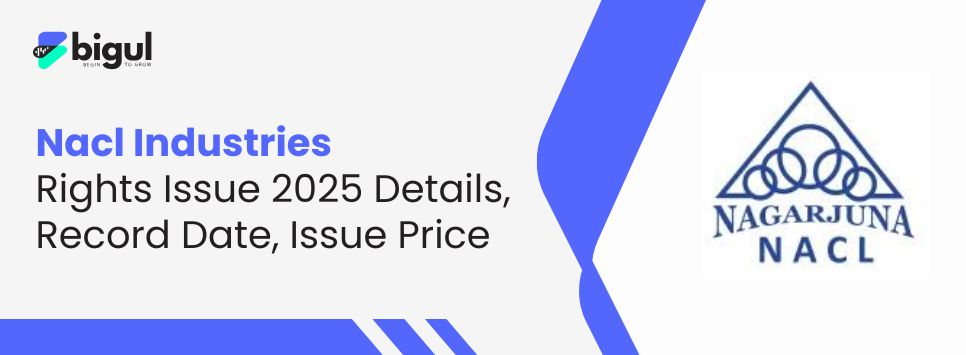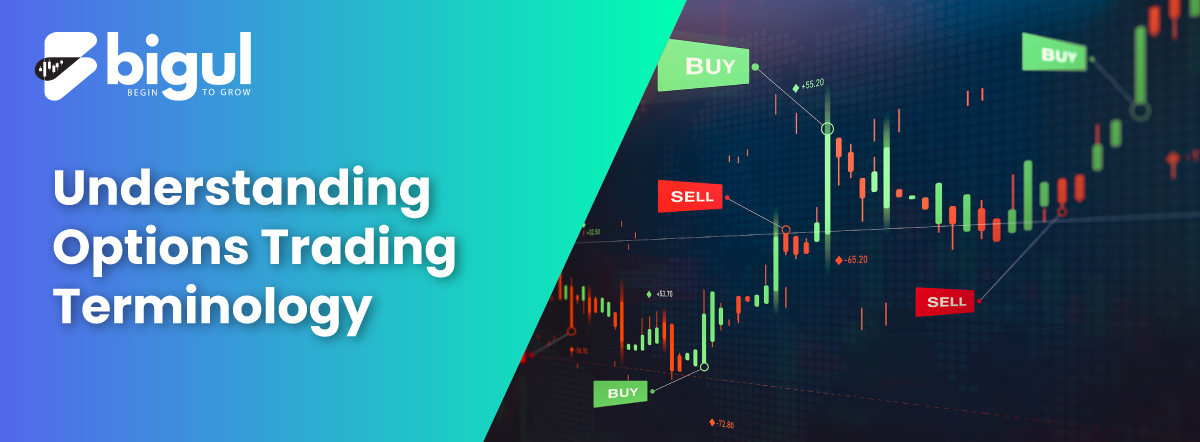Understanding Options Trading Terminology
Options trading is fun and rewarding but can be complicated and intimidating, especially for beginners. Understanding options terminology is crucial. Knowing the language used in options trading is crucial in making informed decisions and managing risks effectively.
This article will discuss the common terminology used in options trading, including At-the-money, In-the-Money, and Out-the-Money strike prices, premiums, expiration dates, etc.
We will also cover options trading strategies and advanced terminologies, such as American and European, exotic, and binary options.
Also Read | What you Need to Know About Option Trading & Strategies
Common Options Trading Terminology
Options trading can be a complex and technical subject, and understanding the terminology used in this field is essential to navigate it successfully.
Here are some common options trading terminologies that every trader should be familiar with:
At-the-money
“At-the-money” is an option whose strike price matches the current asset price. It is neither “in-the-money” nor “out-of-the-money”. The time value of at-the-money options determines their premium. At-the-money options are cheaper than in-the-money ones. If the asset’s price increases in the desired direction, it can make more money. Traders use them to bet on the asset’s price movement.
In-the-money
In options trading, an option is in-the-money if its market price is advantageous to the option holder and executing it would profit. This happens when a call or put option’s strike price is lower or higher than the underlying asset’s market price. Being in-the-money increases the chances of the option being exercised, as the potential profit is higher.
Out-of-the-money
An out-of-the-money option has no intrinsic value because its strike price is unfavourable to the holder. For a call option, this signifies the underlying asset’s current market price is lower than the strike price, and for a put option, it’s higher. Thus, the option holder will not exercise an out-of-the-money option since it would lose money.
Premium
The premium is the price paid by the buyer of an options contract to the seller. It depends on the current market price of the underlying asset, the period till expiration, the strike price and market-implied volatility. High premiums imply high perceived value, whereas low premiums suggest poor perceived value. Traders use the premium to assess an options contract’s risk and potential reward and determine whether it is worth buying or selling.
Strike Price
The strike price sets the underlying asset’s price if the option is exercised. It’s the buyer and seller’s first options contract price. If the underlying asset price is advantageous to the option holder, they can purchase or sell it at the strike price and benefit from the price difference. If the price is unfavourable, the option holder might let the option expire without exercising it.
Understanding the strike price is crucial for options traders in determining the potential profitability of their trades.
Implied Volatility (IV)
Based on the option’s market price, implied volatility (IV) estimates the asset’s future volatility. It is determined using an option pricing model like the Black-Scholes model, which takes into consideration the option’s strike price, time before expiry, and underlying asset price. A higher IV implies that the market expects a larger price movement in the underlying asset, whereas a lower IV indicates that the market expects the asset to remain relatively stable.
Traders use IV to gauge market sentiment and make decisions about options buying and selling strategies.
Exercise
Exercise in options trading is the process of buying or selling the underlying asset at the predetermined price (strike price) specified in the option contract. The buyer can purchase or sell the underlying asset after exercising the option, whereas the seller must fulfil the contract. Exercising an option is typically done when the option is in-the-money and profitable for the option holder.
Expiration Date
The expiration date is crucial in options trading as it sets a deadline for the options contract. It’s the deadline to execute the option. The option is worthless if not exercised by the expiration date. Therefore, traders must carefully consider the expiration date when selecting an option contract to buy or sell.
Longer expiration dates give traders more time to wait for favourable market conditions, while shorter expiration dates require quicker action and a more precise market prediction. Once bought, the option’s expiration date cannot be modified.
Advanced Options Trading Terminology
In addition to the common options trading terminology, there are more advanced terms specific to certain types of options or options trading strategies.
- American Option: An American option can be exercised any time before expiration, unlike a European option, which may only be exercised on its expiration date.
- European Option: European options are only exercisable on expiration. Unlike an American option, which can be exercised anytime before expiration.
- Bermudan Option:Bermudan options are exercisable on particular dates before expiration. This is a combination of an American and European option.
- Exotic Option:An exotic option is an option with more complex terms and features than a standard option. Examples include barrier options, which have a specified price level that, if reached, either activates or cancels the option, and Asian options, which have a payout based on the average price of the underlying asset over a certain period.
- Binary Option:A binary option is a type of option with only two possible outcomes: a fixed payout or nothing at all. Known as “all-or-nothing” options, these options are typically traded speculatively.
Understanding these advanced options trading terminologies is crucial for more complex options trading strategies and can help investors make more informed decisions.
These complex options provide higher returns but also higher risks and need a better grasp of the underlying asset and market circumstances.
Conclusion
In conclusion, understanding options trading terminology is crucial for success in this type of trading. It is important to grasp the common, advanced, and strategy-specific terms and the associated risks.
With a solid understanding of the language, investors can make more informed decisions and better manage their options trades.
Also Read | The Importance of Liquidity in Options Trading Explained


.jpg)

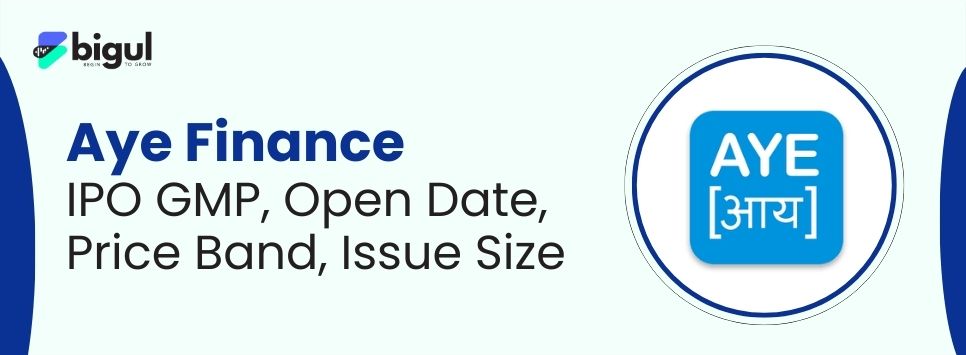

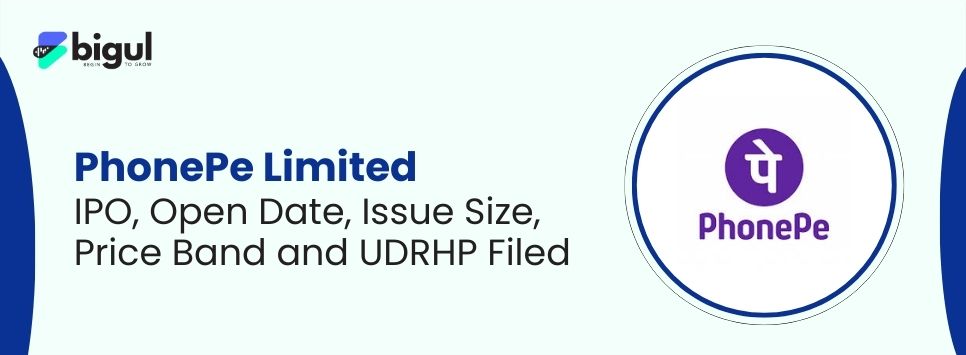
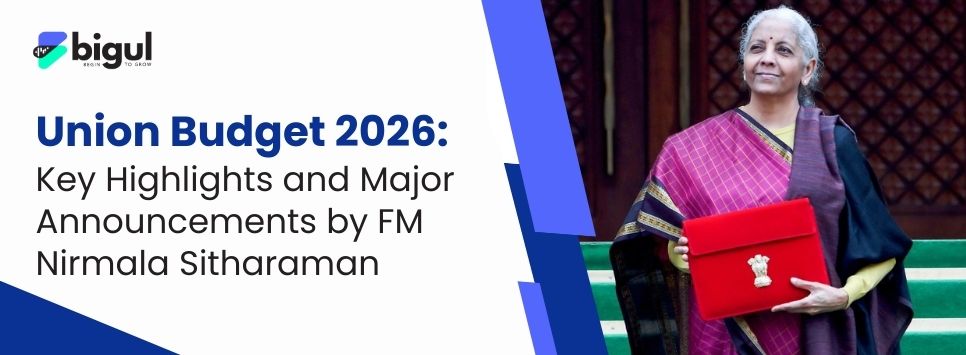

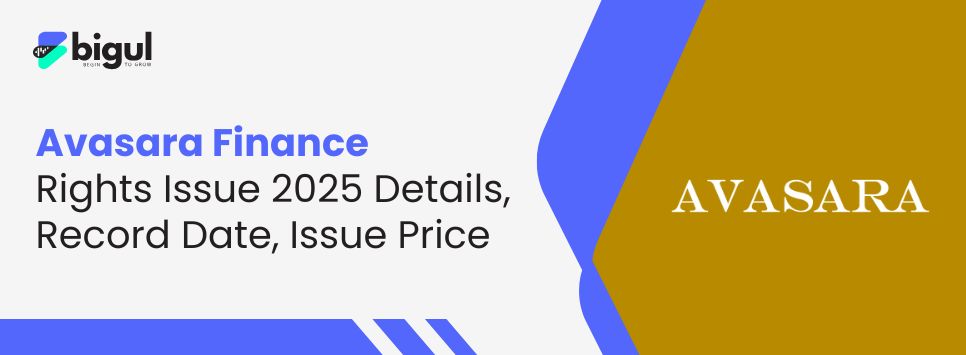
.jpg)

